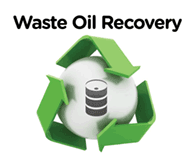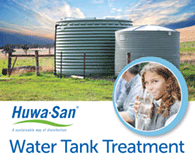MPI released new rules earlier this month for New Zealand-based ‘transitional facilities’, which are used by importers to hold goods before they are checked for contaminants such as hitchhiking bugs or reptiles.
"The changes will see a major biosecurity shake-up for these facilities, particularly in the areas of training and auditing requirements," says Paul Hallett, MPI Manager, Biosecurity and Environment.
"Such facilities are an important part of New Zealand's biosecurity system. The changes will give MPI greater assurance that facilities meet the high biosecurity standards we expect of them.
"We have substantially increased the amount and structure of training required by facility operators and accredited staff – for example, they will now have to undergo retraining every two years.
"In addition, there is a new requirement for specialist training in checking containers that arrive by air for biosecurity contaminants and pests.
"We are also going to increase our auditing requirements to make sure the facilities are running properly, including ensuring that all internal audits are lodged with MPI so we know that they been done. At the same time, we will be ramping up our external audits of high risk facilities."
The new rules will come into force in December.
"That means any non-compliant facilities have six months to get their house in order. After that, we will be strictly enforcing the new rules, which could ultimately see the deregistration of some facilities," Hallett says.
There are currently some 5800 transitional facilities operating in New Zealand. They range from large commercial operations near major ports, to small businesses that import 1-2 containers a year.



 Classifieds
Classifieds



